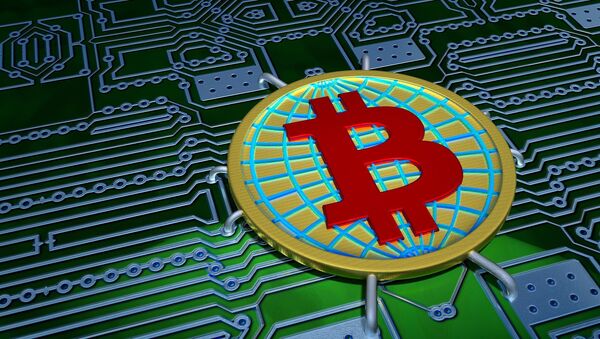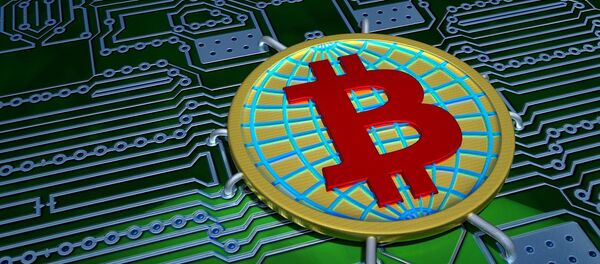Timothy Booher, DARPA program manager in charge of studying the use of blockchain technology, explained that the tech shows excellent data integrity, indicating high accuracy and consistency of the data stored in a database. The tech could also provide intelligence on whether military databases or critical pieces of data have been modified, hacked or spied on by outside actors.
“Whenever weapons are employed … it tends to be a place where data integrity in general is incredibly important,” Booher told Defense One. “So nuclear command and control, satellite command and control, command and control in general, [information integrity] is very important.”
To check if blockchain is feasible for military purposes, DARPA awarded a $1.8 million contract to tech company Gallois to conduct a mathematical verification. For the task a particular kind of blockchain tech was picked, produced by tech firm Guardtime.
“We want to provide an extremely high level of trust … what this work is after is the highest level possible,” Booher says, “If someone is driving a combat vehicle, flying an aircraft, commanding a satellite, we want to make sure their focus is 100 percent on that mission.”
The use of blockchain tech in information security is gaining ground. According to research firm Gartner, investments in information security will rise, from $77 million in 2016, to $108 million in 2019.



